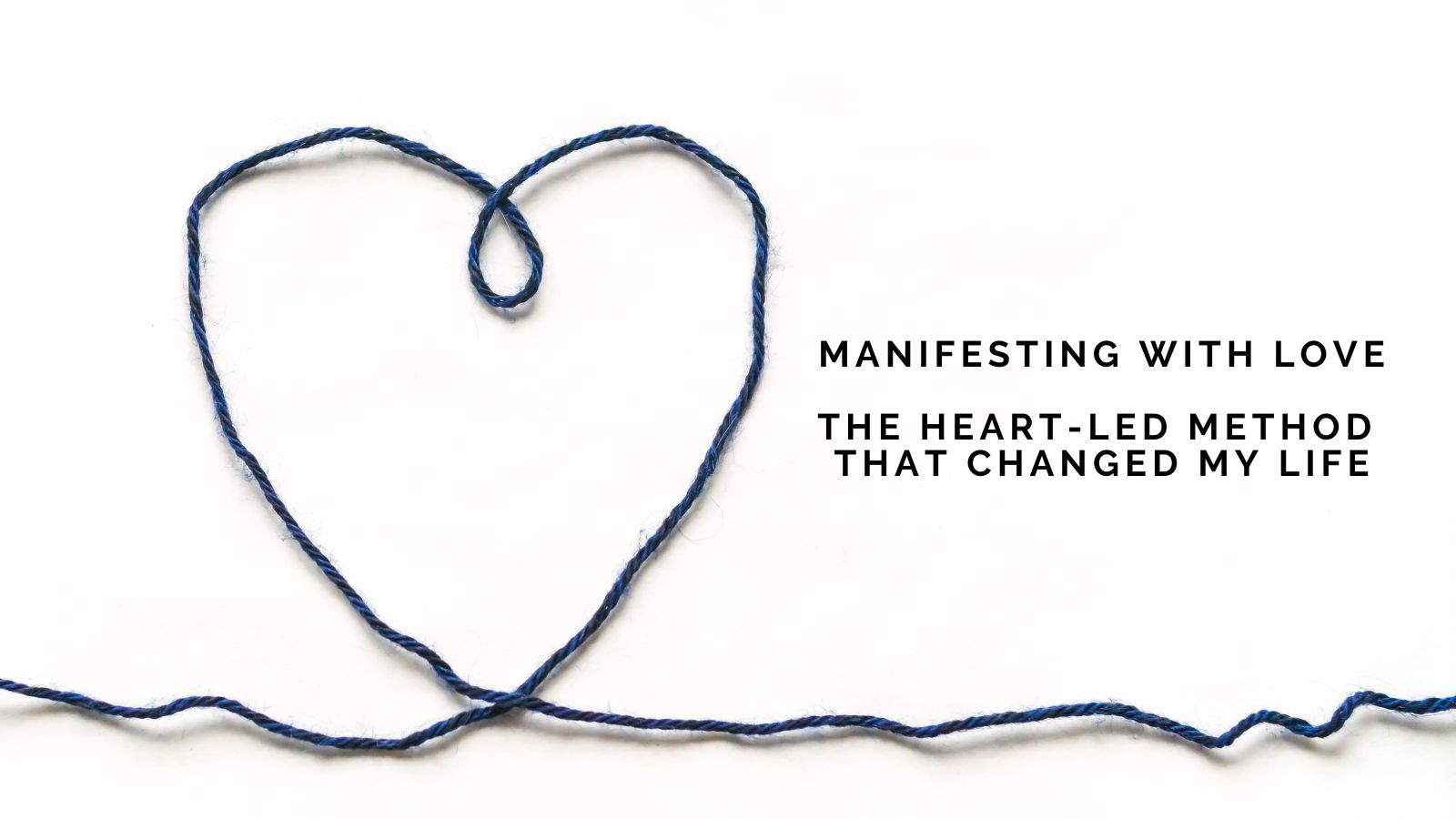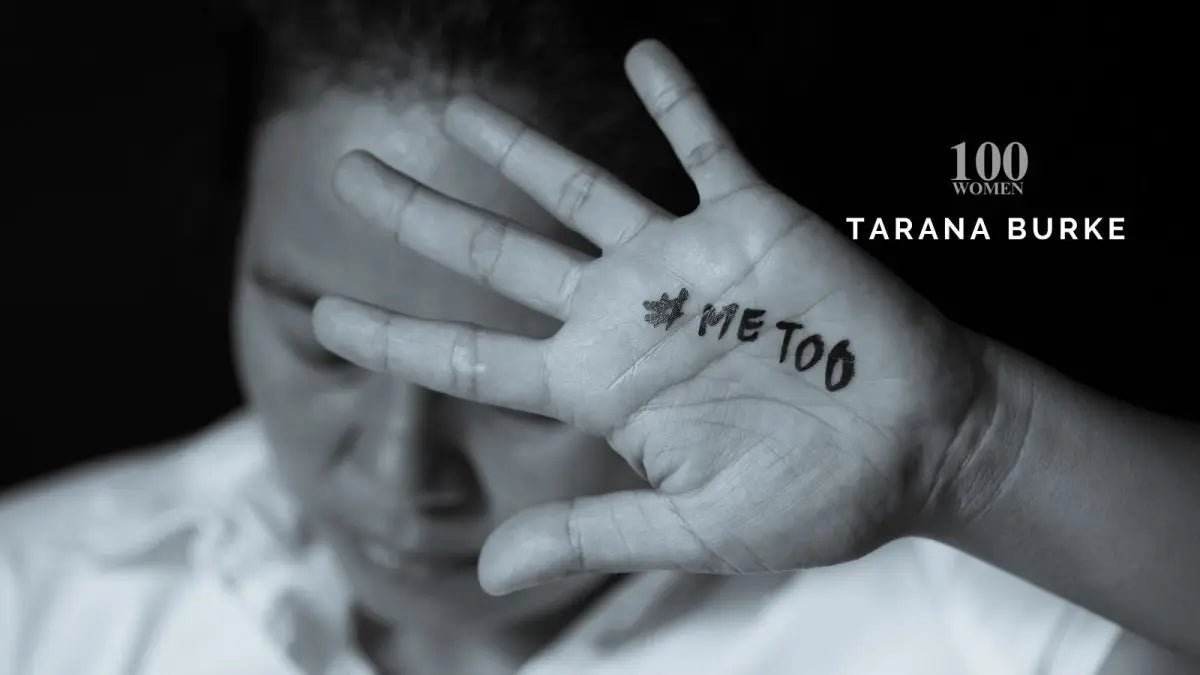
We often forgets the quieter heroes but Noor Inayat Khan’s story is one that refuses to stay buried. She wasn’t loud or forceful. She didn’t fit the mould of the typical war heroine. But her life, rooted in music, poetry, and deep spiritual values, turned sharply into something far more dangerous when history called her name.
Noor was born in Moscow in 1914, to a father of Indian royalty and a mother from an American family. Her father, Hazrat Inayat Khan, was a Sufi teacher who brought spiritual teachings from India to the West. Her mother, Ora Ray Baker, came from a middle-class background in New Mexico and left behind everything she knew for a life that would be both extraordinary and full of sacrifice. Their marriage, in the early 20th century, crossed not only racial and cultural lines but also spiritual ones. Theirs was a love bound by ideals but also tested by loss. When Noor was still a child, her father died suddenly. His absence changed everything. Her mother was left to raise four children, including Noor, in France, without income or community support. They lived modestly in Suresnes, outside Paris.
As a young woman, Noor studied child psychology and music at the Sorbonne and the Paris Conservatory. She also wrote children’s stories and broadcast them on French radio. Hers was a gentle world shaped by literature and harmony. But when Nazi Germany invaded France, that world shattered. Noor, though a pacifist by upbringing, chose not to stay still. She and her family fled to England in 1940, and she decided she had to act, not just for France, but against the growing darkness spreading across Europe.
She joined the Women’s Auxiliary Air Force (WAAF) and trained as a wireless operator. Soon after, her fluency in French and deep understanding of the culture caught the attention of the Special Operations Executive (SOE), a secret British unit created by Churchill to "set Europe ablaze." She was recruited as a spy for her calm, her clarity, and her willingness to face danger without flinching.
Noor was the first female radio operator sent into Nazi-occupied France. In 1943, she was flown into the countryside under cover of night and taken to Paris. Her job was to maintain communication between the French resistance and London—one of the most dangerous roles in espionage. Wireless operators were high-value targets. Their signals could be tracked, their presence hunted. The average lifespan of someone in her position was six weeks.
Noor lasted three months.
As the network around her crumbled and fellow agents were captured, she refused evacuation. She knew she was the last line of contact and stayed to keep the messages flowing. She moved constantly, carrying her wireless set in a suitcase, transmitting from rooftops, attics, and abandoned flats. Every transmission risked her life.
Eventually, she was betrayed. Captured by the Gestapo, she was interrogated, beaten, and held in solitary confinement in Germany for nearly a year. She never gave up a single piece of information. They labelled her “highly dangerous.” She tried to escape more than once. She never signed a word of cooperation.
In September 1944, Noor was taken to Dachau concentration camp. Along with three other women agents, she was executed by gunshot. Witnesses later said her last word was "Liberté."
She was 30 years old.
Noor left behind more than the image of a war heroine. She left behind a collection of children's stories, some of which were published after her death. She left behind the belief that quiet people can make loud choices. That someone brought up in the ideals of peace could fight without hatred. And that sometimes, the strongest defiance comes not with a weapon, but with the refusal to break under pressure.
Her mother never fully recovered from the loss. For years, she fought to have her daughter recognised. Eventually, Britain awarded Noor the George Cross. France gave her the Croix de Guerre. A statue of her now stands in Gordon Square, London, not far from where she trained as a spy.
It’s hard to imagine the fear she must have felt, alone in those dark cells. But she carried something with her, perhaps the same quiet strength her parents gave her, the sense that even when the world is cruel, we are still free to choose courage.
Noor’s story doesn’t roar. It whispers. But it stays with you.

















